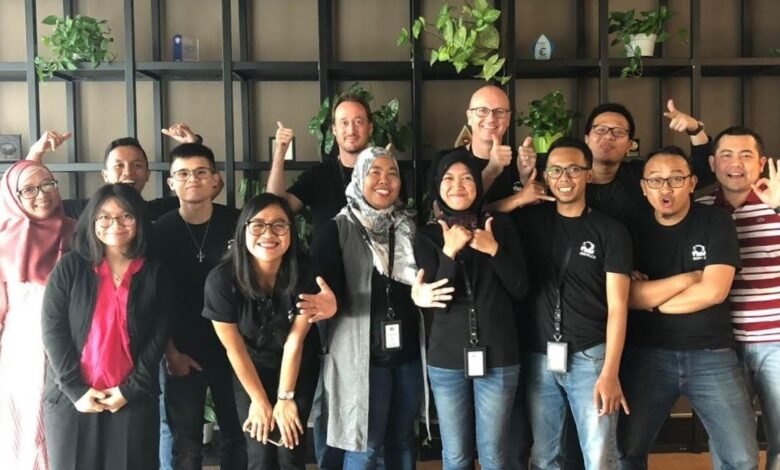To accelerate talent digitalisation in Indonesia, Astronaut acquires POPSkul

Astronaut, a mobile-first recruiting platform with offices in Indonesia and Singapore, has announced the acquisition of POPSkul, an on-demand skill certification platform, for an undisclosed price.
Astronaut will continue to invest in speeding the POPSkul platform, as well as incorporating skills certifications into applicant profiles in the Astronaut platform, as a result of this purchase.
In addition, Astronaut announced that it is funding US$2 million in a pre-Series A investment, with the goal of accelerating expansion through further technological innovation and new collaborations in Indonesia, Singapore, and throughout the world.
Astronaut was founded in 2016 and allows organisations to find suitable individuals from major pools of applicants, for immediate recruitment and for the development of talent pools for future recruitment. The Company says that it standardises the delivery of the best candidate with less bias and automates the recruitment procedure so that applicants, recruiters, and recruiting managers do not lose time.
Astronaut also has clients in Europe and New Zealand, in addition to Southeast Asia. In the second quarter of 2021, Astronaut claims to have increased their recruiting clients by 30% in Indonesia, Singapore, and India. It has also begun a student admissions collaboration with the National University of Singapore and is powering the Kompas Group’s new online learning capabilities.
POPSkul, on the other hand, is headquartered in Indonesia and allows individuals to “become certified rapidly,” which is important for applicants to be well accessed by employers, according to Chandra Marsono, creator of POPSkuls.
“We want to offer a solution to the highly inefficient recruitment process outsourcing industry that is expected to grow to US$40.6 billion by 2027,” said Nigel Hembrow, CEO and co-founder of Astronaut. “Our vision at Astronaut is to create a sustainable and scalable talent ecosystem through technology in Indonesia, Southeast Asia, and globally.”
According to Indonesia’s Government Head of Statistics, Dr Suhariyanto, 8.8% of the working-age population (2.56 million) is unemployed, while the workforce is expected to welcome 30 million new graduates over the next five years. More creative solutions are needed to better match the supply and demand sides of the talent market.
As the pandemic drove universities and assessment centers to adapt to dependable, cost-effective digital technologies for talent services and hybrid working circumstances, digitalisation of the talent ecosystem in Southeast Asia is at an inflection moment.





